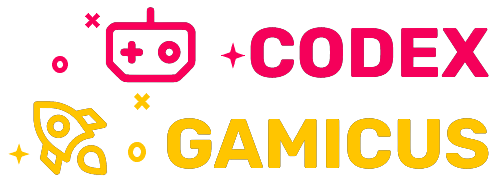No edit summary |
Slipknot Darkrai-gpuser (talk | contribs) No edit summary |
||
| (35 intermediate revisions by 10 users not shown) | |||
| Line 1: | Line 1: | ||
| − | We define a '''[[Wikipedia:game|game]]''' to be an organized mental exercise with a set of rules and any number of participants. Under this definition, [[chess]], [[solitaire]], |
+ | We define a '''[[Wikipedia:game|game]]''' to be an organized mental exercise with a set of rules and any number of participants. Under this definition, [[chess]], [[solitaire]], [[tic-tac-toe]], [[crossword puzzles]], and [[Super Mario Bros.]] are all games. [[Basketball]] is much more physical than mental, but as there is strategy involved, it is still a game. [[Wikipedia:Calvinball|Calvinball]] is not a game in this sense. |
| + | |||
| + | The [[Main Page]] contains links to pages for individual games. One can also browse the [[computer and video game platforms]]. |
||
{{stub}} |
{{stub}} |
||
| + | |||
| + | [[Category:Terminology]] |
||
| + | [[Category:Games|*]] |
||
Latest revision as of 21:06, 13 February 2011
We define a game to be an organized mental exercise with a set of rules and any number of participants. Under this definition, chess, solitaire, tic-tac-toe, crossword puzzles, and Super Mario Bros. are all games. Basketball is much more physical than mental, but as there is strategy involved, it is still a game. Calvinball is not a game in this sense.
The Main Page contains links to pages for individual games. One can also browse the computer and video game platforms.
This article is a stub. You can help Codex Gamicus by expanding it. |
